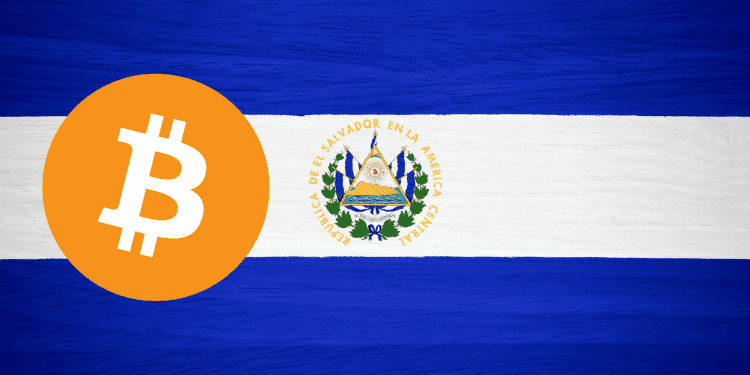- Use of Bitcoin for payments in El Salvador has declined to 12% in 2023 from 24% in 2022, with grocery stores being the most common place for crypto payments
- While 68% felt their lives improved due to Bitcoin being legal tender, only 5% attributed this to Bitcoin itself versus reduced crime
- Barriers to further adoption include lack of privacy/transparency, business resistance, and substantial upfront costs, especially for the unbanked population which has yet to benefit significantly
A recent survey conducted in El Salvador shows that the use of Bitcoin for payments has declined compared to last year. However, the government remains committed to promoting crypto adoption in the country.
Frequency of Bitcoin Use
The 2023 survey reveals that 12% of the population used Bitcoin at least once for payments, down from 24% in 2022. Nearly half of Bitcoin users made 1-3 transactions during the year. Grocery stores and supermarkets were the most common places for crypto payments.
Perceived Impact
68% of respondents felt their family’s life improved due to Bitcoin being legal tender, up 38% from 2022. But only 5% attributed this to Bitcoin itself, with most citing reduced crime instead.
Demographics
The primary demographic using Bitcoin were young, educated men with bank accounts, contradicting notions that crypto serves the unbanked. The already wealthy saw the most crypto adoption benefits.
Barriers to Adoption
Lack of privacy and transparency were cited as barriers, despite claims that crypto enables both. Business resistance also hindered adoption. Substantial upfront costs but increasing benefits with network growth were noted.
Government Efforts
The government continues spending public funds on Bitcoin and is offering citizenship for $1M crypto investments. However, most citizens don’t support the government’s BTC purchases. Profit from the government’s investments is currently minimal.
Conclusion
While the government pushes for crypto adoption, use remains low. Continued efforts are needed to address privacy concerns, business resistance, and upfront costs if adoption is to increase. The unbanked population has yet to significantly benefit from Bitcoin’s legal status.














